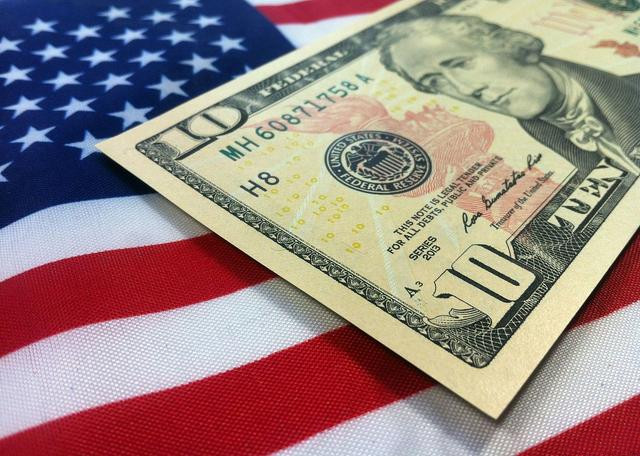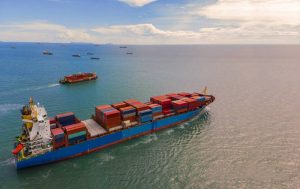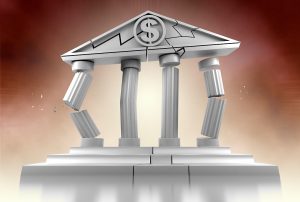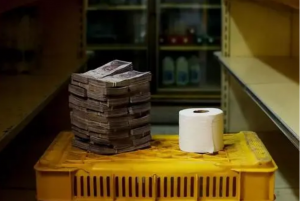
What are junk bonds? Junk bonds are junk bonds. To put it simply, they are bonds issued by companies with lower credit ratings or poor profit records.
Although the companies that issue such bonds have poor credit ratings and poor profitability records, even so, as long as higher handling fees and higher interest rates are given to buyers, there will always be people who take the risk.
But what is unexpected is that a major US investment bank would take the initiative to underwrite this kind of unreliable bonds: American savings banks would even purchase such extremely risky junk bonds regardless of the interests of American people.
In 1990, an American investment bank named Dechon Securities was suddenly liquidated by the US government. You know, in the United States in the 1980s, Dechung Securities was known to everyone. The founder of this securities, Michael Milken, was the most influential figure in the American financial industry since JP Morgan. It has influenced and lightly rewritten the history of the development of the securities and financial industry in the United States.
Why was such a prestigious investment bank liquidated by the US government? Back then, the most proud business project of Dechung Securities, an investment bank, was to specifically find companies with poor credit, such as companies with bad credit ratings of BB or B, or C, to help them issue corporate bonds.
These badly-rated corporate bonds were given a good title by the academic circles at the time-junk bonds. Dechong Securities specializes in underwriting these junk bonds. As long as he makes a transaction, he can charge a handling fee of 1% to 3%.
In other words, as long as the more transactions are done, the more profitable Dechung Securities will be. As for whether this will affect the reputation of his company, whether it will destroy the United States, and whether it will harm the people of the United States, he does not care about it. He only cares about how much money he makes and how to make more money.
As a result, De Chong continued to increase investment in this type of business, and also sold a large amount of junk bonds to the savings bank in the United States.
However, it didn’t take long for the largest investment bank in the United States to sell junk bonds and savings banks to buy junk bonds, because almost none of the savings banks that bought these junk bonds went bankrupt. Fortunately, the U.S. government helped him out, because the U.S. had guaranteed savings bank deposit accounts at the time. As long as the account was under $100,000, the U.S. government paid for it.
At that time, the United States was already a consumer-driven economy. The number of people who saved less than US$100,000 was not too large, and the number of savers above US$100,000 was relatively small. Therefore, the purchase of junk bonds by the US Savings Bank did not trigger. The big financial crisis just passed like thunder.
Later, De Chong Securities was investigated and liquidated, and the person in charge of underwriting and creating junk bonds at that time, known as the king of junk bonds, Michael Milken, was also sentenced by a US court.
This crisis was eliminated in this way.


